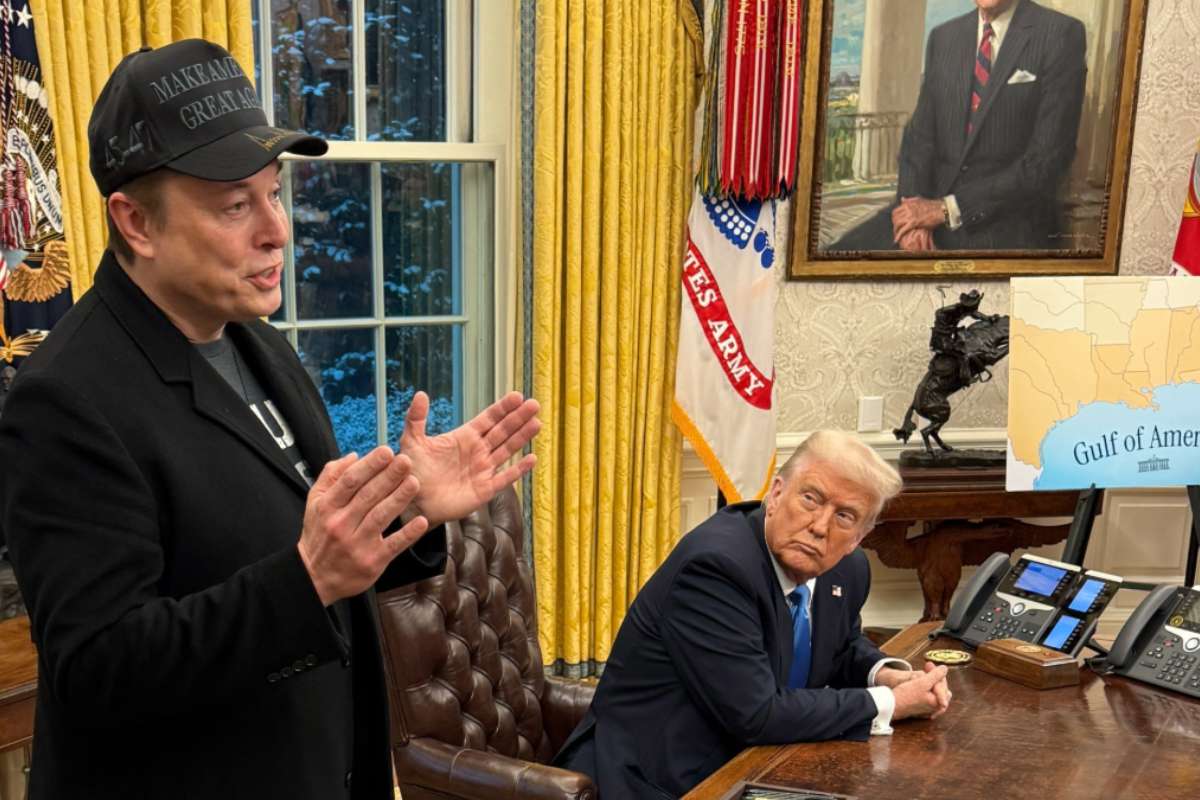A dramatic and escalating conflict has erupted between former U.S. President Donald Trump and billionaire entrepreneur Elon Musk, marking a significant fracture between two of the most high-profile figures in business and politics. What began as subtle disagreements has now evolved into open hostility, raising questions about Musk’s political influence, financial vulnerability, and long-term position on the global stage.
The rift appears to stem from Musk’s shifting stance within Trump’s orbit. Once seen as a valuable advisor and donor, Musk may have overestimated his standing. While Trump has dismissed previous aides and allies with relative ease, Musk’s clash is different in scale and consequence. Insiders suggest that Musk’s miscalculation was rooted in believing his wealth made him untouchable. However, critics argue that Trump’s leadership style thrives on maintaining dominance and rejecting any perceived threats, even from billionaires like Musk.
Elon Musk’s initial support for Trump’s campaign, both financially and operationally, is now being questioned as their alliance deteriorates. Trump, known for requiring total loyalty, reportedly bristled at Musk’s growing public persona and policy influence, factors that may have accelerated this political fallout.
Financial Fragility Behind the Billionaire Façade
Despite being labeled the world’s richest man, Musk’s fortune is largely tied to Tesla’s market valuation, what many financial analysts call “paper wealth.” His wealth depends heavily on Tesla’s stock performance, which recently dropped by 14% in a single day. With Tesla’s price-to-earnings ratio exceeding 100, some market experts warn of an unsustainable bubble, making Musk’s net worth more vulnerable than it appears.
Furthermore, Musk’s leverage over Trump is limited. His funding, though once significant to Trump’s campaign, can be easily replaced by other wealthy contributors. Meanwhile, Musk’s political branding has become increasingly polarizing. He’s seen as too controversial for Democrats and unwanted by core Republican factions like the MAGA base. Prominent Trump supporters, such as Steve Bannon, have even called for Musk’s deportation, reflecting how far his political capital has eroded.
Elon Musk’s hinted threats, such as leveraging SpaceX operations to push back, are also unlikely to succeed. Any move perceived as undermining national interests would only intensify criticism and regulatory scrutiny. Musk’s businesses rely heavily on government contracts, permits, and subsidies, leaving him exposed to political retaliation.
Dependency on Government Could Fuel Downfall
Trump, despite being out of office, still wields influence that could impact Musk’s empire. Tesla’s reliance on federal subsidies like the $7,500 EV tax credit, federal funding for EV infrastructure, and regulatory approvals for autonomous driving makes the company susceptible to policy shifts. SpaceX, another cornerstone of Musk’s success, depends on NASA contracts, direct government funding, and operational licenses.
The recent reversal of Jared Isaacman’s NASA administrator nomination, once backed by Musk, serves as a warning shot. Neuralink, Musk’s futuristic venture into brain-computer interfaces, is equally vulnerable, as it hinges on FDA approvals for human testing.
As tensions escalate, both Elon Musk and Trump appear entrenched in a public feud with no clear exit strategy. Musk’s tweetstorms and Trump’s political maneuvering only deepen the divide. Though both are known for their resilience, this conflict may mark a rare moment of miscalculation, perhaps even the beginning of Elon Musk’s most dramatic personal and professional unraveling yet.











